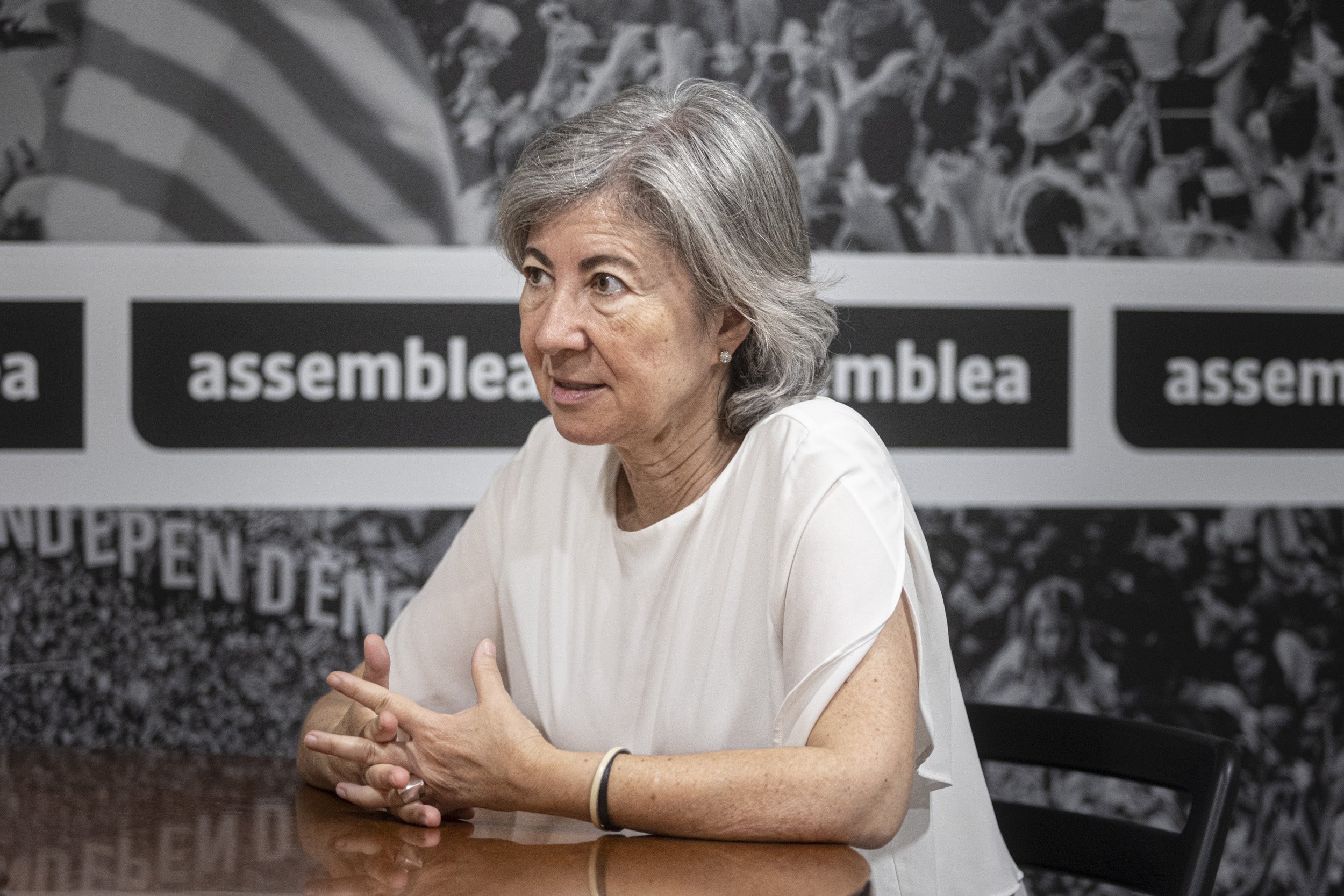A door-slam from the grass roots membership of the Catalan National Assembly (ANC) to the leadership's proposal to promote abstention and null voting in the 2023 Spanish general election as a pro-independence protest. Of those who registered and took part in the consultation by Catalonia's largest pro-independence organization, a clear majority of 59.7% asserted that the ANC should not promote demobilization of supporters on July 23rd, or the alternative option of casting a null vote by voting with a referendum ballot from the October 1st 2017. In the poll carried out between June 30th and July 3rd, only 38.7% were in favour of these options, abstention or a null vote. It should be noted that the turnout in this internal consultation was very low: of the 40,000 members who had the right to express their point of view, only 3,773, or 9.4%, did so. In the press release detailing the results of the consultation, the ANC expresses that its position in the face of the general elections will be "neutral", but "firmly continuing confrontation with the state".
Opposition from Girona branch
Before the ANC announced this consultation, after the controversy generated by the call for abstention made by the organization's president, Dolors Feliu, some territorial branches, such as that of Girona, had already opposed it. In a statement, the Girona secretariat dissociated itself from the leadership, regretting that a request for pro-independence voters to stay at home or not vote for the different parties standing in the election meant painting them all with the same brush, when in reality they have followed different strategies in Madrid. In addition, the Girona ANC affirmed that the only beneficiaries of abstention would be the Spanish parties.
Calls by pro-independence parties to vote
Although from now on the ANC officially has a neutral position towards the snap general election on July 23rd, the movement for abstention is still alive on social media. This has reached the pro-independence parties that are running in the election and their response has been to speak out strongly for voting in the election, whose most likely outcome, according to some polls, is a coalition government between the right and the far-right. For example, from ERC, Gabriel Rufián affirmed on Monday that abstention is a "poison", remarking that election day is the only time when everyone has the same power, since each vote is worth the same amount, whoever it is who deposits it. In the same line, his fellow ERC candidate Teresa Jordà also called for people to get to the ballot boxes, since "the independence movement must win every constituency seat, and thus, staying at home is not an option".
The CUP candidate for Barcelona, Albert Botran, also affirmed that although the radical-left party takes note of the movement's anger at the lack of results - in terms of the independence struggle - in Madrid, abstention will not solve Catalonia's current problems but will exacerbate them. Thus, according to the Popular Unity Candidacy deputy in Congress, the situation of the independence movement would by worsened by a boycott "through having lost strength in the institutions". For this reason, he called on the pro-independence public to vote. In the case of Junts, since the moment they announced their candidacy, they have ruled out abstention as an option: "The dream of Spanish nationalism was to carry out an electoral reform so that both Basques and Catalans would have no ability to affect the state and, as soon as they can, they will do that. To the people who defend abstention, what it will bring is the goal that Spanish nationalism wants, a self-administered shot to the head", as Toni Castellà (Democrates) has put it in recent weeks.

